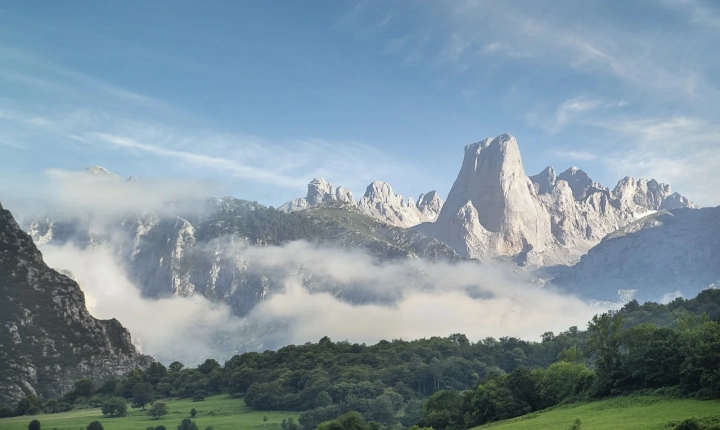Creating an AI-generated song has become increasingly accessible with the advancements in technology and the rise of artificial intelligence. It is a fascinating process that combines music composition with cutting-edge algorithms to produce unique and original pieces of music. In this article, we will explore the steps involved in making an AI-generated song and the tools you can use to bring your musical ideas to life.
Step 1: Selecting the AI platform
There are various AI platforms available that specialize in music generation, such as Amper Music, AIVA, and Jukedeck. These platforms use machine learning algorithms to analyze patterns in existing music and then generate new compositions based on the data.
Step 2: Choosing the style and mood
Once you have selected your AI platform, you can begin by selecting the style and mood for your song. Whether it is upbeat and energetic or serene and introspective, defining the overall feel of the song will help the AI algorithm to generate music that aligns with your vision.
Step 3: Inputting parameters
Next, input specific parameters such as tempo, key, and instrumentation to further customize the composition. This step allows you to tailor the music to your preferences and ensure that the AI-generated song fits your desired sound.
Step 4: Refinement and iteration
After the AI platform generates an initial composition, you can refine and iterate on the music to fine-tune it to your liking. This may involve making adjustments to the melody, harmony, or rhythm until the song captures the essence of what you have in mind.
Step 5: Production and arrangement
Once you are satisfied with the composition, you can move on to the production and arrangement phase. This involves adding additional layers of instrumentation, mixing, and mastering the track to give it a polished and professional sound.
Tools for AI-generated song creation
In addition to dedicated AI platforms, there are also software tools that integrate AI technology to assist with music composition. For instance, Google Magenta offers a range of open-source tools for music generation, including the ability to train machine learning models on large datasets of musical examples.
Furthermore, some Digital Audio Workstations (DAWs) now incorporate AI-powered features that assist with melody generation, chord progression, and even lyric writing. These tools can be invaluable for musicians and producers looking to leverage AI to streamline their creative process and spark new ideas.
Ultimately, creating an AI-generated song is a multi-faceted process that blends artistic expression with technological innovation. As AI technology continues to evolve, we can expect even more sophisticated and versatile tools that will enable musicians to explore new musical territories and push the boundaries of creativity. Whether you are a music enthusiast or a professional musician, experimenting with AI-generated songs can be an inspiring and rewarding endeavor that opens up a world of possibilities in music creation.
